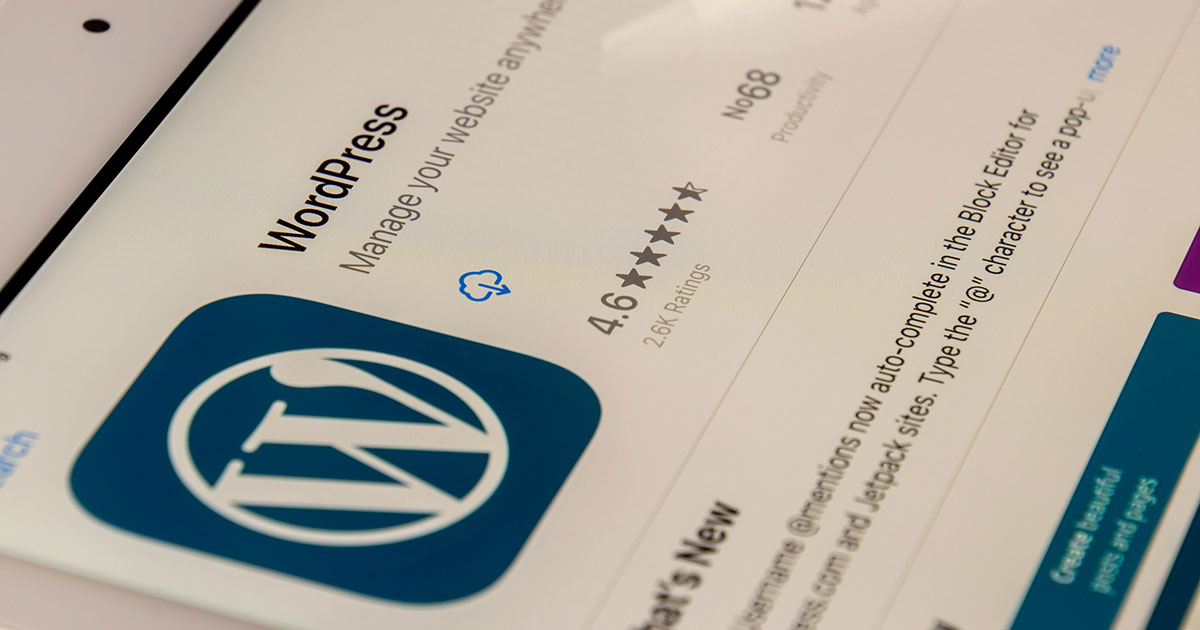




How Long Does It Take to Build a WordPress Website? A Complete Timeline
When planning to build a website, one of the most common questions is, “How long does it take to build a WordPress website?” The answer depends on several factors, including the complexity of the design, the functionality required, and the readiness of your content. Whether you’re creating a simple blog or a complex eCommerce site, understanding the timeline for each stage of the process can help you plan accordingly. In this post, we’ll break down the key factors that influence website development time and provide a general timeline to give you an idea of what to expect.
Factors That Affect How Long It Takes to Build a WordPress Website
The amount of time it takes to build a WordPress website can vary greatly depending on the following factors:
1. Type of Website
The complexity of the website you want to build has a significant impact on how long the process will take. A personal blog or a simple informational website may only take a few days to set up, while a fully functional eCommerce website with custom features, multiple pages, and extensive content could take several weeks.
2. Customization and Design
If you’re using a pre-made theme and making minimal changes, the website can be completed relatively quickly. However, if you’re looking for a fully custom design, the process will take longer as it involves wireframing, prototyping, and multiple rounds of revisions. Custom designs often require the expertise of a professional web designer or developer.
3. Plugins and Functionality
The more advanced the features you need—such as membership areas, online booking systems, or custom forms—the more time it will take to install, configure, and test the required plugins. While WordPress makes adding functionality easy with plugins, configuring them properly for your specific needs can take time.
4. Content Creation
One of the most time-consuming aspects of building a WordPress website is preparing the content. This includes writing the text for each page, sourcing or creating images, and potentially developing videos or infographics. The website development process can’t be completed until all the content is in place. If content is being written from scratch, this can extend the timeline.
5. SEO Optimization
If you’re focusing on search engine optimization (SEO) from the start (which is highly recommended), it will take additional time to research keywords, optimize the structure of the website, and write meta descriptions and titles for each page. Installing and configuring SEO plugins like Yoast SEO or is an essential part of ensuring the site is optimized for search engines.
6. Revisions and Feedback
It’s important to account for feedback loops and revisions. Once a draft of the website is built, there are usually multiple rounds of feedback from stakeholders. Each round may require adjustments to the design, content, or functionality, which can extend the development time.
Typical Timeline for Building a WordPress Website
Here’s a general timeline for building a WordPress website based on various complexity levels:
1. Simple Website (1–2 Weeks)
A basic WordPress website with a few pages (e.g., Home, About, Services, and Contact) using a pre-built theme can be completed relatively quickly, often within 1–2 weeks. This timeline includes:
- Day 1–2: Domain registration and hosting setup.
- Day 2–3: Install WordPress and select a pre-built theme.
- Day 3–5: Configure basic settings, install plugins (e.g., SEO, security, and contact form), and make minor customizations.
- Day 5–7: Upload and format content (text, images, videos).
- Day 7–10: Review and finalize design and content, test functionality, and launch the site.
2. Medium-Complexity Website (3–5 Weeks)
A website with custom features or more detailed design work (e.g., a small business site with a blog or portfolio) can take 3–5 weeks. This process involves:
- Week 1: Initial planning, sitemap creation, and wireframing the site’s layout.
- Week 2: Customizing a theme or developing a semi-custom design.
- Week 3: Installing and configuring plugins for features like galleries, contact forms, and social media integration.
- Week 4: Finalizing the content and conducting rounds of revisions.
- Week 5: SEO optimization, testing across devices, and launching the site.
3. Complex Website (6–10 Weeks or More)
A highly customized WordPress website, such as an eCommerce platform or a membership-based site, will naturally take longer—typically 6–10 weeks or more. The timeline may look like this:
- Weeks 1–2: Planning, gathering requirements, and designing wireframes and prototypes.
- Weeks 2–4: Developing a custom theme or modifying an existing theme with significant changes.
- Weeks 4–6: Setting up eCommerce functionality (using WooCommerce, for example), configuring payment gateways, shipping options, and other necessary features and 3rd party integrations.
- Weeks 6–8: Uploading extensive content (product listings, media galleries, blogs), finalizing design, and conducting user testing.
- Weeks 8–10: Extensive SEO work, security hardening, final testing, and launching the site.
How to Speed Up the Website Development Process
If you’re working with tight deadlines, here are some ways to speed up the process of building a WordPress website:
1. Plan Thoroughly Before Starting
A clear, detailed plan before development begins can save a lot of time in the long run. This includes identifying key goals, drafting the site structure, and gathering all content in advance.
2. Use Pre-Built Themes and Page Builders
Instead of developing a website from scratch, use pre-built WordPress themes or page builders like Elementor. These tools offer drag-and-drop functionality, allowing you to build and customize pages quickly without coding.
3. Content First, Development Second
Gathering and preparing content before development begins can help prevent delays. Ensure that all text, images, and videos are ready for upload to avoid holding up the process later on.
4. Use Plugins for Complex Functionality
Instead of building custom functionality from scratch, use well-reviewed plugins to add features like e-commerce, contact forms, and membership areas. Plugins like WooCommerce (for online stores) or Gravity Forms (for forms) are already optimized and can save development time.
5. Hire an Experienced WordPress Developer
If time is a critical factor, hiring an experienced WordPress developer or agency can accelerate the process. Professionals can work efficiently, handle technical challenges, and implement features without the trial and error that often slows down DIY projects.
Conclusion
So, how long does it take to build a WordPress website? The timeline can vary depending on the complexity of your website, customization needs, content readiness, and feedback process. A simple website can be up and running in as little as 1–2 weeks, while a more complex site may take 6–10 weeks or more. Planning thoroughly, using pre-built tools, and having all your content prepared are key factors that can help streamline the process.
At Masthead Technology, we specialize in creating WordPress websites that are not only visually appealing but also optimized for performance and functionality. Whether you need a basic website or a feature-rich eCommerce platform, we can help you build it efficiently and within your timeline. Contact us today to get started on your WordPress website!

